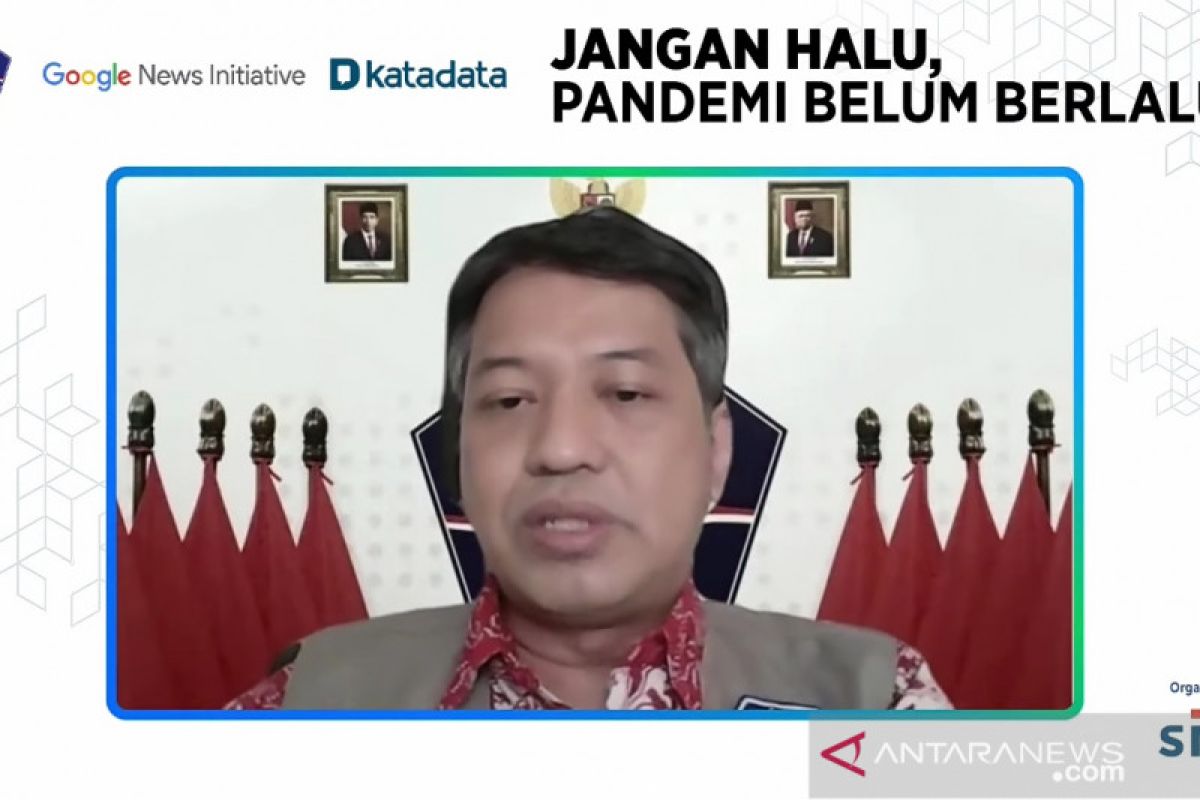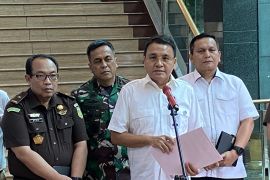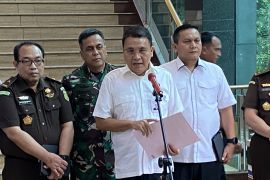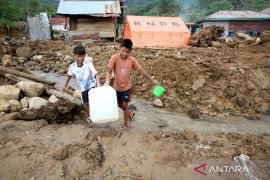"The worst-case scenario is that cases will increase by around 430 percent until March 1, 2022, if we do not make strict efforts and ease the health protocols and vaccinations do not reach targets and testing and tracing declines," Harry noted during a webinar accessed here, Monday.
The government has learned that the confirmed positive cases of COVID-19 can spike after the long holidays, such as Eid al-Fitr, Christmas, and New Year, due to an increase in the people’s mobility.
“In addition, the mobility of people, who return from abroad, is a causal factor. We need to increase efforts to conduct screening for those who will enter the country in a bid to prevent transmission of the new COVID-19 variants in Indonesia,” Harry noted.
Earlier, Indonesia had recorded an increase of 398 percent in cases around 13 weeks after the 2020 Christmas and New Year holidays.
After the 2021 Eid al-Fitr holiday that fell alongside the spread of the delta variant in Indonesia, an increase of 900 percent was recorded in eight weeks.
The country succeeded in reducing the count of daily confirmed cases, from 56 thousand to 314 cases in 2.5 months. Meanwhile, the total number of active cases had declined, from its peak, at 547 thousand, to eight thousand.
“One of the reasons why we could do that was since we took a cue from other countries. One of the causes for our cases declining is the implementation of public activity restrictions (PPKM),” he explained.
After the restrictions were eased, the government has continued to tighten health protocols and increase vaccination coverage.
Harry believes staying alert to a likely surge in cases is deemed necessary since several countries are currently experiencing an increase in COVID-19 cases.
Related news: Risk of COVID-19 uptick still high: expert
"We know that the sub-variant of the delta variant has entered Singapore and Malaysia. This will put us at risk if we do not control COVID-19 transmission," he remarked.
To keep positive cases of COVID-19 from spiking, especially after Christmas and New Year, the government has tightened screening for people from abroad, abolished Christmas leave, restricted people's mobility, tightened health protocols and supervised the implementation of policies down to the lowest administrative level. In addition, the COVID-19 vaccination, especially for the elderly, is being intensified.
Related news: COVID-19 pandemic is not yet over: Task force
Translator: Sanya Dinda, Raka Adji
Editor: Rahmad Nasution
Copyright © ANTARA 2021












